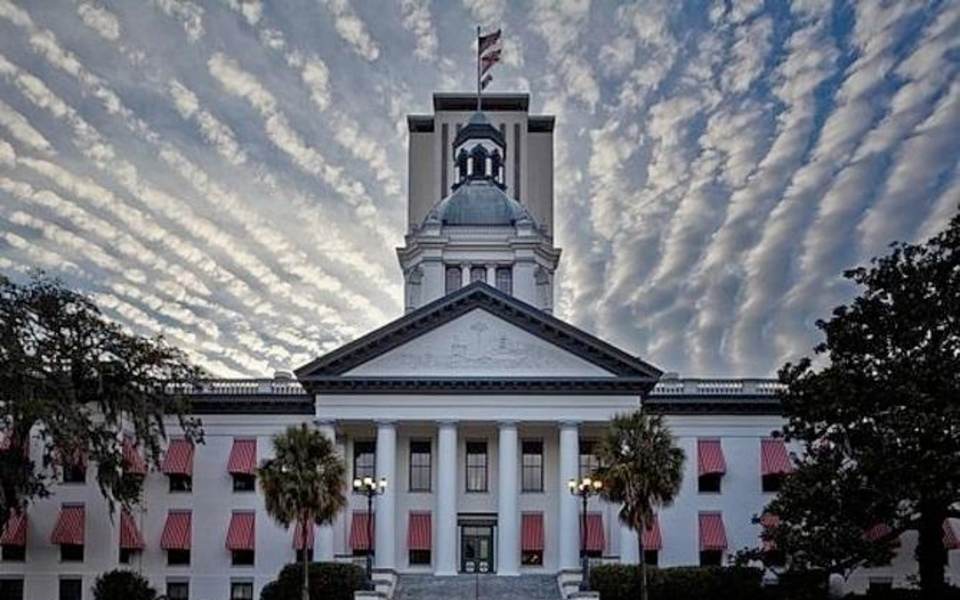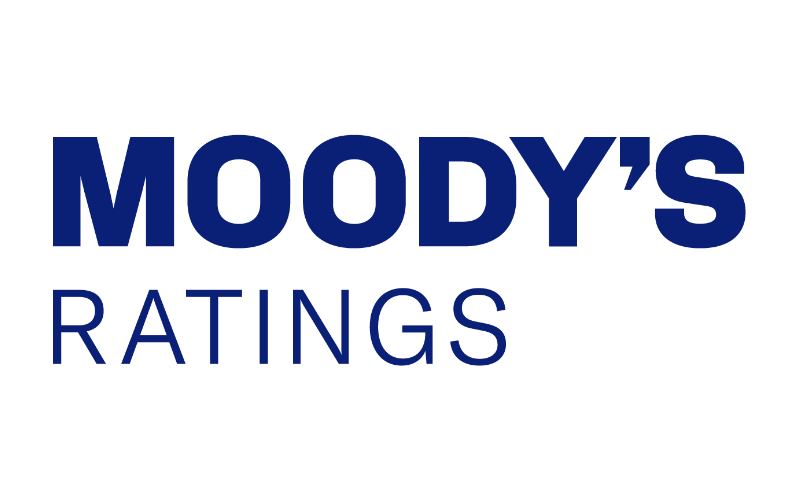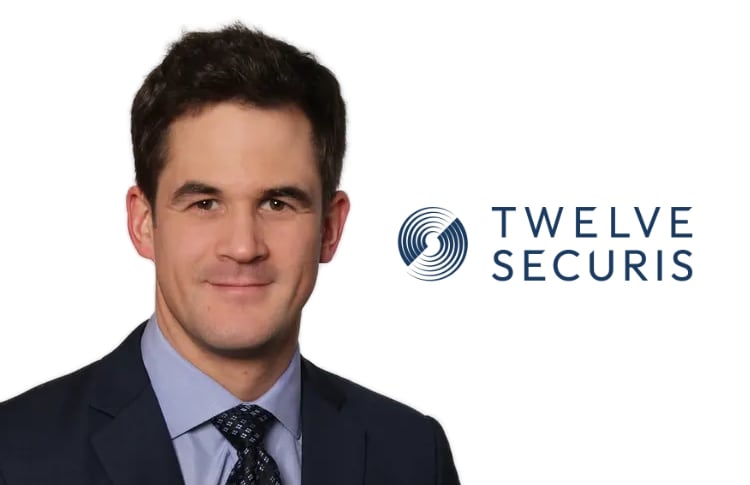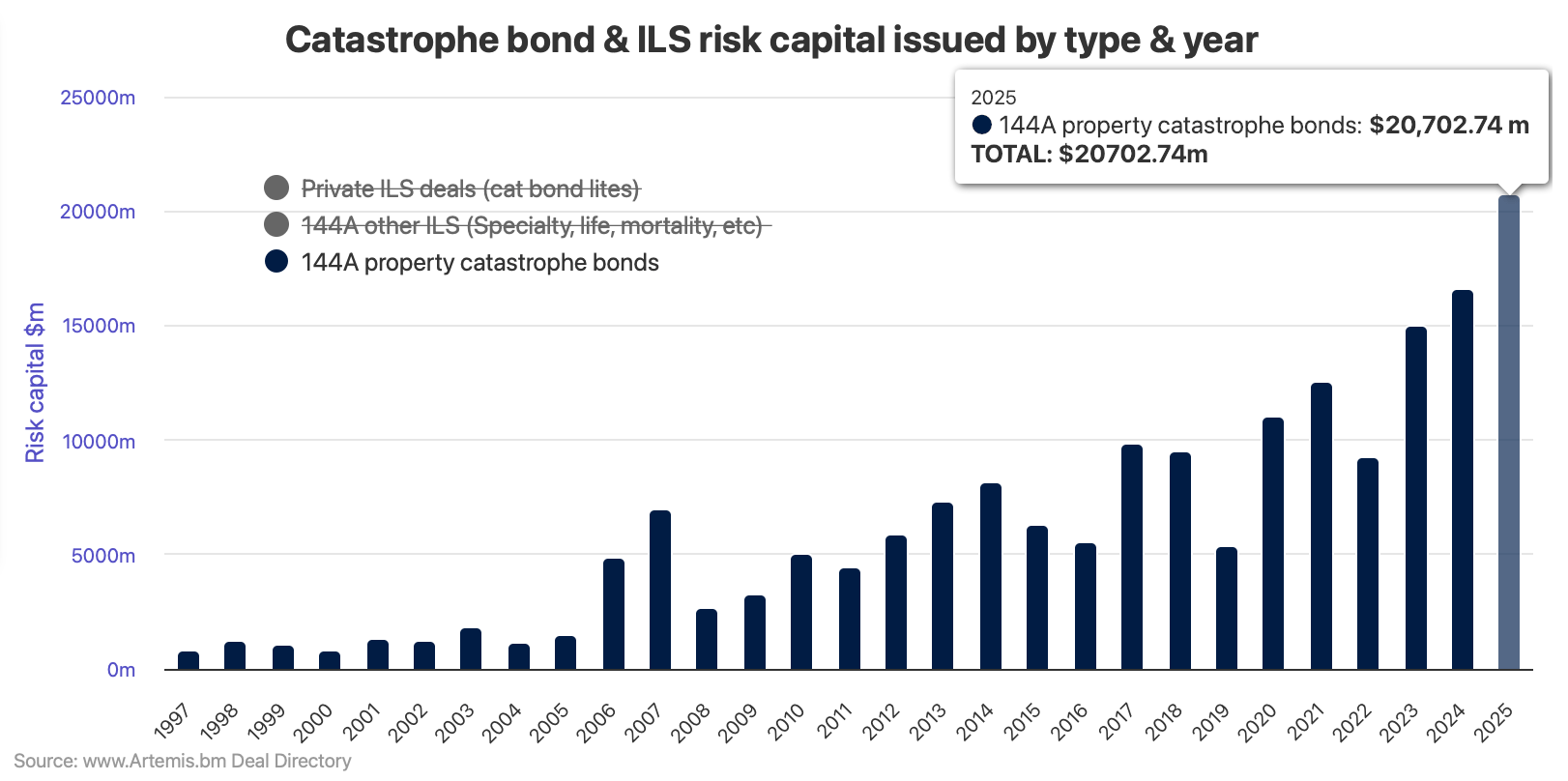
Florida’s property insurance-focused special session of the legislature has now drawn to a close with the signing into law of a package of reforms by Governor Ron DeSantis, but for the insurance and reinsurance market uncertainty is set to persist as it will take time for the broad effects of the new legislation to be felt.DeSantis’ office called the laws “the most significant and comprehensive property insurance reforms Florida has seen in decades.” The insurance reforms were designed to “provide short- and long-term relief to Floridians to combat skyrocketing insurance costs,” but how precisely they will assist in both short and long-term and the scope of the benefits felt, remains to be seen.“This package represents the most significant reforms to Florida’s homeowners insurance market in a generation,” Governor Ron DeSantis said.“These bills will help stabilize a problematic market, help Floridians harden their homes through the My Safe Florida Home Program, and pave the way for more choices for homeowners.” “I’m grateful that Governor DeSantis called lawmakers to convene this week to pass legislation that will help rein in insurance rates, provide premium savings to Floridians, and aid in hardening homes against storms,” added Chief Financial Officer Jimmy Patronis.
“I remain committed to fighting insurance fraud and bolstering our investigative services to further support our efforts to protect consumers.” “Florida’s property insurance market is one of the most complex in the world and I commend the leadership of Governor DeSantis, CFO Patronis, and the Florida Legislature for tackling market challenges head on to enact historic and comprehensive insurance reform.This legislation strengthens protections for Florida insurance consumers, provides greater tools to hold insurance companies accountable, and promotes the long-term stability of our market,” Insurance Commissioner David Altmaier also said.Senate Bill 2B is the area of focus for insurance and reinsurance markets, containing the most relevant reforms.
Respondents to our recent survey believe the The most impactful short-term fix, is the $2 billion Reinsurance to Assist Policy (RAP) program, that will act as a kind-of lower-layer to the Florida Hurricane Catastrophe Fund (FHCF), providing a taxpayer funded reinsurance support mechanism for the insurance carriers struggling to pay for a complete their towers lower down.It has a two year term and any insurers signing up to use this capacity are immediately required to file a supplemental rate filing and provide relief to policyholders (lower rates) once enrolled.There is significant uncertainty over whether this will be enough to save every struggling Florida-focused property insurance carrier from a rating issue this year.
Holes and gaps are evident across many insurers renewal towers as the mid-year reinsurance contract signings fast approach.While this new provision will definitely help some insurers get through the renewal with sufficient reinsurance to retain their all-important Demotech ratings, Demotech itself has said it will not lower their reinsurance requirements and we understand some carriers will still be at-risk even with this measure now set to be available.The other issue, which we’ve been driving home, is that while this enables some carriers to fill their reinsurance towers more readily, it does nothing for the risk appetite and confidence of global reinsurance and capital market players in the state of Florida.
Just because a property insurance carrier has some additional taxpayer backed coverage, which is now taken out of the private market, it does not make them a better bet at higher layers in their towers.So is to be expected because of this RAP fund law.Reinsurance carriers need the confidence that litigation and so claims inflation, social inflation and escalating loss adjustment expenses (LAE) are being tamed in the state of Florida, for them to regain significant confidence and begin to rate the marketplace differently.
The biggest change here is likely to be a measure in the bill to limit the assignment of attorney’s fees in property insurance cases, which DeSantis’ office believes will have the effect of “disincentivizing frivolous claims.” There has been some scepticism that this will go far enough, although some optimism it could begin to reduce assignment of benefit (AOB) claims issues that have proven so costly and a cause of loss creep in Florida.In addition, the measure on roof replacement percentages is also expected to have a positive effect, although again some have questioned if it goes far enough.The main concern on litigation is that not every loophole or avenue has been shuttered and some sources suggest those attorneys and contractors that have benefited from the litigious and fraudulent property insurance claims environment in Florida will continue to seek ways to benefit themselves.
It’s also true that the litigation focused reforms will take some time to have an effect on the performance of insurers and so on reinsurance capital’s confidence in the state of Florida.However, it’s important to note, that once law and fully implemented, these reforms do mean Florida’s property insurance marketplace is in a better state than it was prior to the special session.Although equally important to highlight, is the fact many in the re/insurance industry believe the lawmakers efforts will fall short and further reforms are likely to be needed in time.
Hurricane season officially begins June 1st and, as ever, for Florida the real test will begin when the Atlantic throws a storm its way, there is a relatively significant industry loss and the claims cycle begins in earnest again.The global reinsurance and capital market community are likely to want to see Florida’s property insurance market evidence the effects of the reforms through the next catastrophes and severe weather events, which will really be the test of the lawmakers efforts this week..
...
...
...
...
...
...
...
...
..———————————————————————.All of our Artemis Live insurance-linked securities (ILS), catastrophe bonds and reinsurance can be accessed online.
Our can be subscribed to using the typical podcast services providers, including Apple, Google, Spotify and more.
Publisher: Artemis








